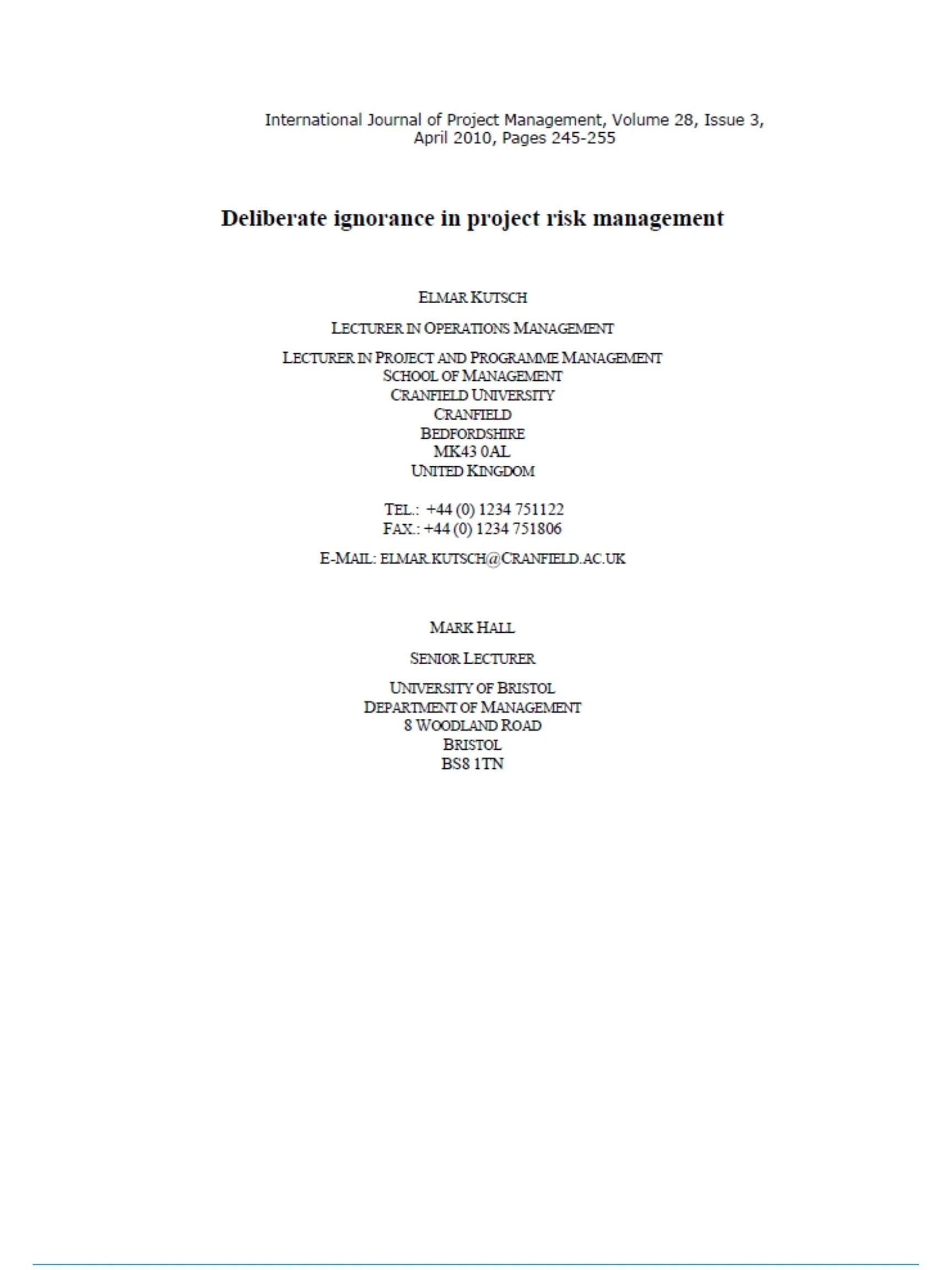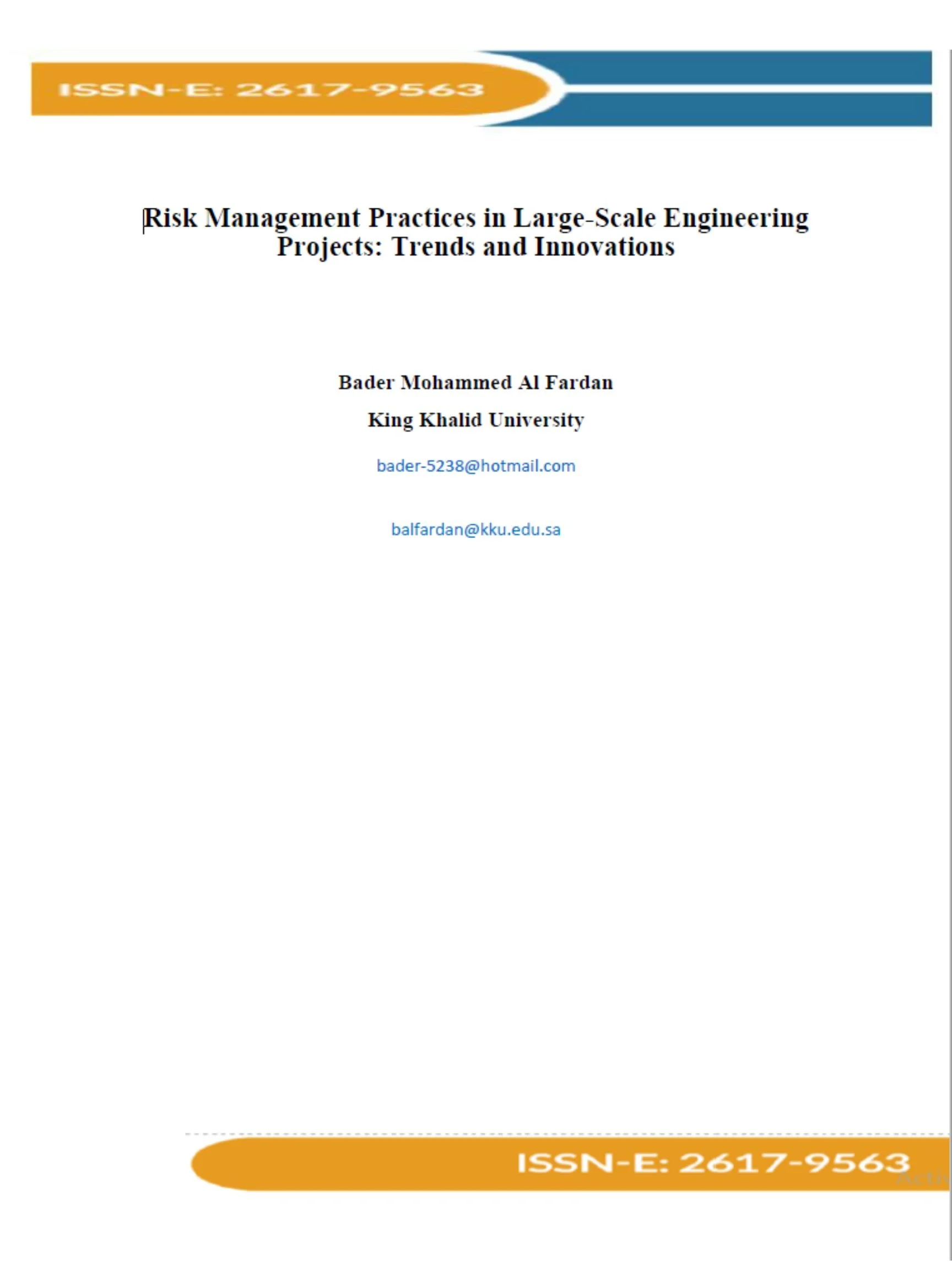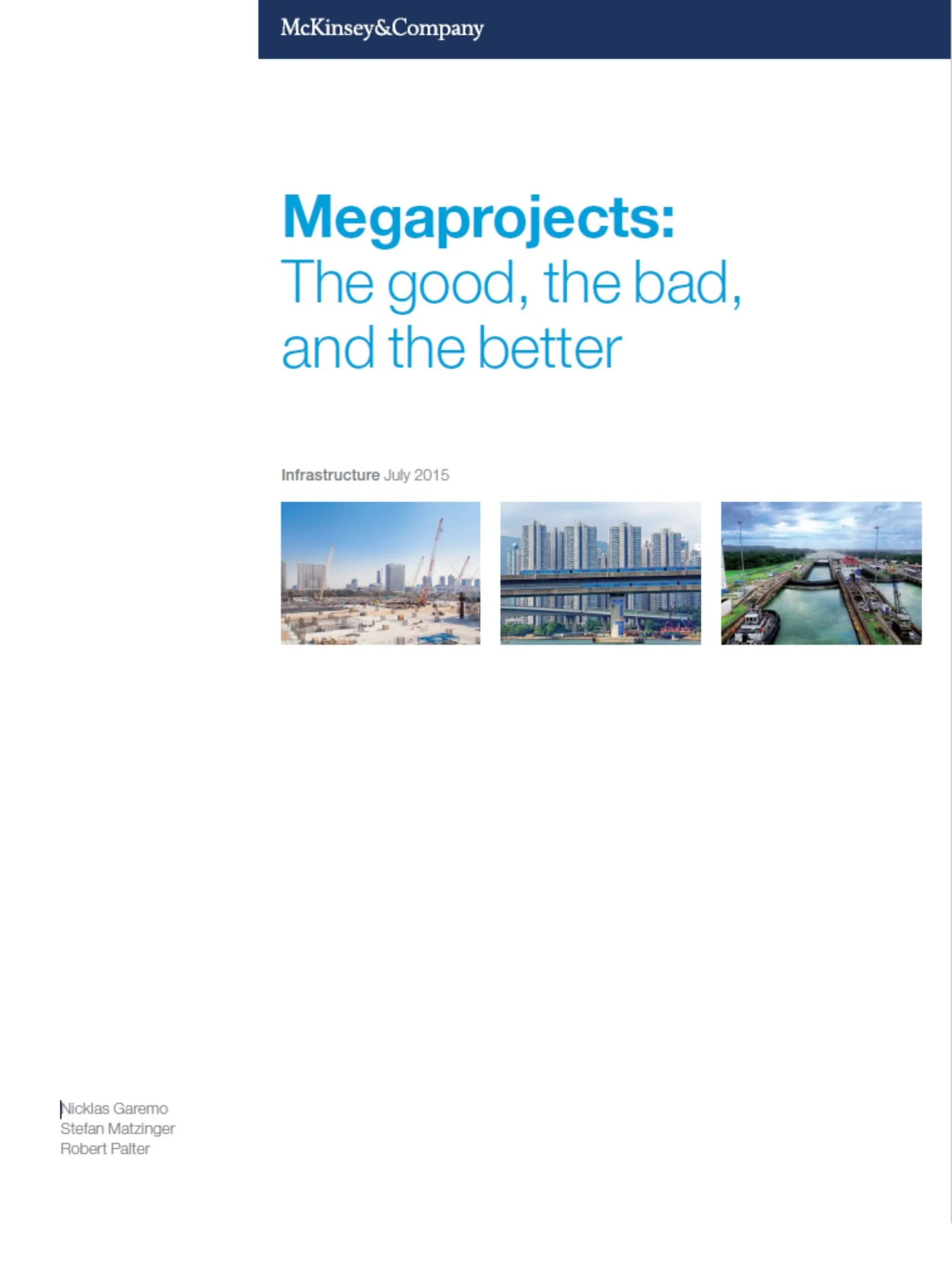Resources
Evidence-Based Communications
Communications is a discipline built on research, behavioural science and measurable outcomes. At reVerb, we apply academic frameworks and peer-reviewed evidence to guide our work in public engagement, risk communication and organizational trust. This section gathers leading studies, white papers and practical tools that help advance the science of communication in infrastructure, government and public policy. We aim to make reliable, research-driven insights accessible to practitioners who shape projects, decisions and communities.
Why It Matters
Public communication affects timelines, budgets, and reputation. Understanding how people process information, respond to change, and make decisions is not a “soft skill.” It’s an applied science that draws on disciplines such as psychology, sociology, linguistics, and behavioural economics. When you design messages or engagement strategies using evidence instead of instinct, you reduce conflict and improve decision quality.
What You’ll Find Here
Academic Research: Peer-reviewed papers on risk communication and stakeholder engagement
Frameworks and Models: Tools like the IAP2 Spectrum, Behavioural Insights Team models and system-thinking approaches to communication.
Practical Tools: Templates, checklists and reference guides for practitioners. (coming soon)
Each resource is selected for its relevance to real-world applications, bridging the gap between theory and practice.
Contribute or Collaborate
We welcome contributions from academics, practitioners, and public sector professionals who are advancing communications as a discipline. Contact us if you have research, data, or frameworks that others in the field could benefit from.
ACADEMIC PAPERS AND ARTICLES
-

The Risk Mitigation Effect of Social Responsibility: Evidence from International Construction Projects
XIAOXU DANG | LIYUAN LIU | XIAOPENG DENG | NA ZHANG | MENGYUAN CHENG
MDPI Sustainability Journal, Volume 17, Issue 7 , April 1 2025SUMMARY: Using survey data from 141 project managers, this study models how corporate social responsibility (CSR) lowers project risk. Results show CSR reduces risk indirectly through stakeholder trust:
- Customer satisfaction was the only necessary condition for low risk.
- CSR → Satisfaction → Risk Reduction (β ≈ 0.32) and CSR → Reputation → Risk Reduction (β ≈ 0.18) were both significant.
- CSR alone had no direct effect on risk (β ≈ 0.05).
ReVerb Relevance: Quantitative proof that transparent engagement and client satisfaction—not image—drive measurable risk reduction in construction and infrastructure projects.
-

Deliberate Ignorance in Project Risk Management
ELMAR KUTSCH
International Journal of Project Management, Volume 28, Issue 3, April 2010
SUMMARY: Through 18 interviews, this paper shows project teams often choose to ignore certain risks for political or reputational reasons. Four behaviours—Untopicality, Undecidability, Taboo, and Suspension of Belief—turn risk management into a symbolic process rather than a preventive one.
ReVerb Relevance: Demonstrates that poor communication and cultural silence are risk factors themselves. Effective stakeholder dialogue and transparent reporting prevent the blind spots described in this study.
-

Risk Management Practices in Large-Scale Engineering Projects: Trends and Innovations
BADER MOHAMMED AL FARDAN
King Khalid University, n.d.
SUMMARY: This paper examines how modern risk frameworks perform in major engineering projects like Crossrail and the Big Dig. It finds that proactive, well-resourced risk management directly improves outcomes:
- Projects with dedicated risk staff were 25 % more likely to meet goals.
- Quarterly reviews raised new-risk detection by 40 %.
- Training cut project risk by 35 %.
- Leadership engagement boosted success by 45 %.
- Projects devoting under 5 % of effort to risk work were twice as likely to fail.
ReVerb Relevance: This data confirms that consistent communication, leadership visibility, and structured dialogue are measurable elements of project risk control.
-

Megaprojects: The Good, the Bad, and the Better
NICKLAS GAREMO | STEFAN MATZINGER | ROBERT PALTER
McKinsey & Company, July 2015SUMMARY: This article examines why large infrastructure projects—those exceeding $1 billion—so often fail to meet time and budget goals, and outlines proven strategies to improve outcomes. Key findings include:
- Nine out of ten megaprojects go over budget; rail projects by an average of 44.7 %.
- Major causes include overoptimism, poor execution, and weak organizational design.
- Effective early-stage design and engineering—just 3–5 % of total capital cost—can cut total cost and time by ~20 %.
- Streamlined permitting and transparent governance increase delivery efficiency by 15–25 %.
ReVerb Relevance:
Highlights how early communication, stakeholder alignment, and real-time progress reporting directly impact project success. Reinforces the value of transparent engagement and clear decision pathways within large-scale infrastructure delivery.

